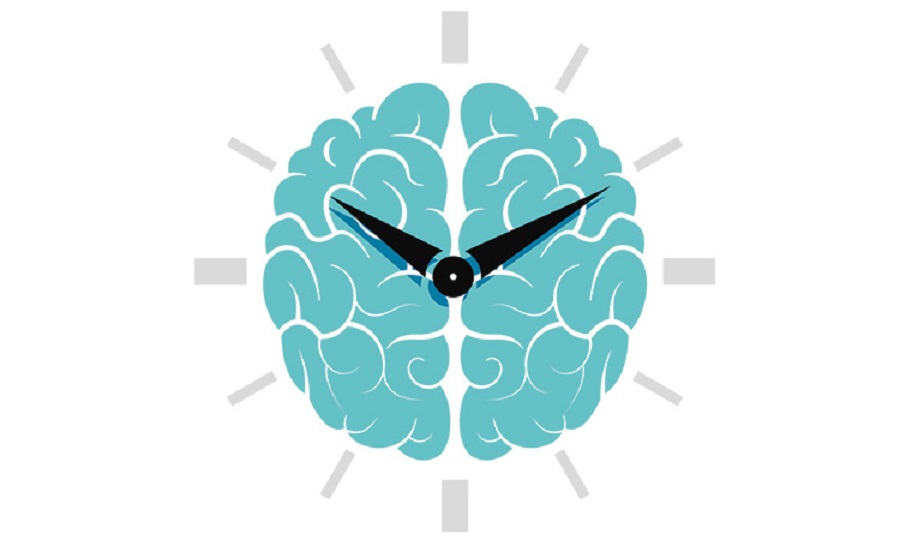Do you find yourself tossing and turning in bed every night? Do you struggle to fall asleep and wake up feeling refreshed? You’re not alone. In today’s fast-paced world, getting a good night’s sleep is becoming increasingly difficult. Fortunately, there’s a natural solution to this problem: sleep syncing. In this article, we’ll explore what sleep syncing is and how it can help you improve your sleep quality.
What is Sleep Syncing?
Sleep syncing is the practice of aligning your sleep schedule with your body’s natural circadian rhythm. The circadian rhythm is your body’s internal clock that regulates your sleep-wake cycle. When your circadian rhythm is in sync, you fall asleep faster, sleep more deeply, and wake up feeling refreshed.

The Science Behind Sleep Syncing
Your circadian rhythm is controlled by a group of cells in your brain called the suprachiasmatic nucleus (SCN). The SCN receives signals from the environment, such as light and temperature, and uses these signals to regulate your sleep-wake cycle.
When you expose yourself to bright light in the morning, your SCN sends a signal to your body to wake up and start the day. Similarly, when you’re exposed to darkness in the evening, your SCN sends a signal to your body to start producing melatonin, a hormone that promotes sleep.
Tips for Sleep Syncing
Here are some tips for syncing your sleep with your circadian rhythm:
Stick to a Consistent Sleep Schedule
Go to bed and wake up at the same time every day, even on weekends. This will help regulate your body’s internal clock and make it easier to fall asleep at night and wake up in the morning.
Get Plenty of Natural Light During the Day
Expose yourself to bright light in the morning by going outside or opening the curtains. This will help reset your circadian rhythm and make it easier to fall asleep at night.
Minimize Exposure to Artificial Light at Night
Avoid bright screens, such as TVs, smartphones, and tablets, for at least an hour before bedtime. These devices emit blue light, which can suppress the production of melatonin and make it harder to fall asleep.
Create a Relaxing Sleep Environment
Make sure your bedroom is cool, dark, and quiet. Use blackout curtains, earplugs, or a white noise machine if necessary.
Avoid Stimulants Before Bedtime
Avoid caffeine, nicotine, and alcohol for at least a few hours before bedtime. These substances can interfere with your sleep and make it harder to fall asleep at night.
Practice Relaxation Techniques
Try meditation, deep breathing, or progressive muscle relaxation to help you relax and fall asleep more easily.
The Benefits of Sleep Syncing
By syncing your sleep with your circadian rhythm, you can enjoy the following benefits:
Better Sleep Quality
You’ll fall asleep faster, sleep more deeply, and wake up feeling refreshed.
Increased Energy
You’ll have more energy during the day, as your body will be better rested.
Improved Mood
You’ll be in a better mood, as lack of sleep can cause irritability and mood swings.
Enhanced Cognitive Function
You’ll be able to think more clearly and make better decisions, as sleep plays a crucial role in cognitive function.
Conclusion
Sleep syncing is a natural and effective way to improve your sleep quality. By aligning your sleep schedule with your circadian rhythm, you can enjoy better sleep, more energy, improved mood, and enhanced cognitive function. So, if you’re struggling to get a good night’s sleep, give sleep syncing a try and see how it can transform your sleep and your life.





